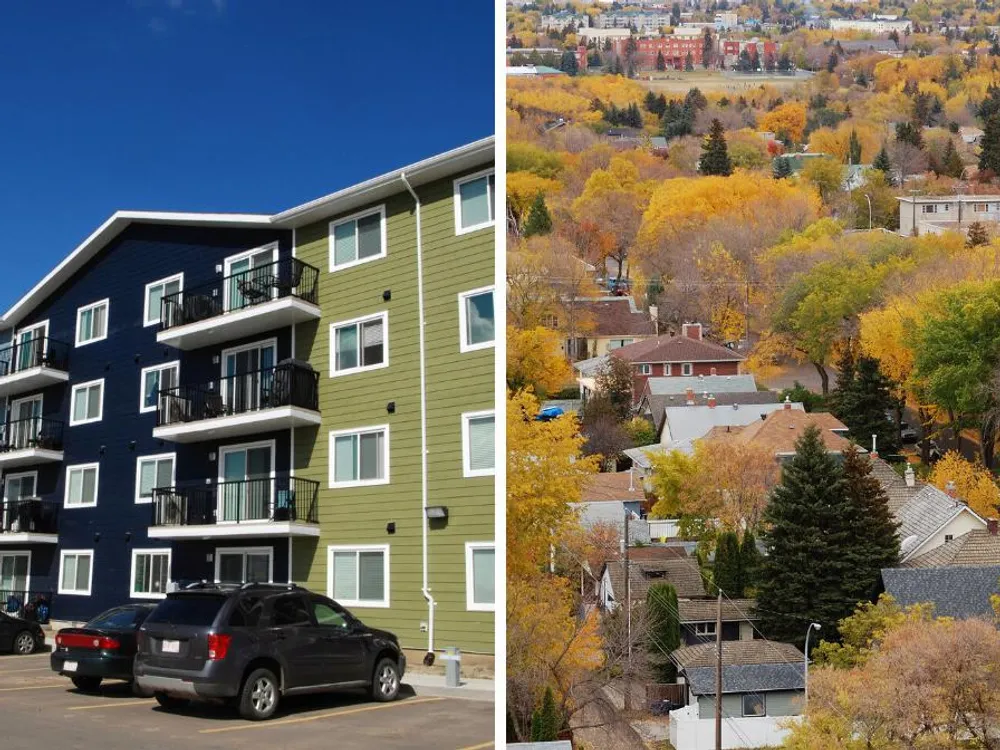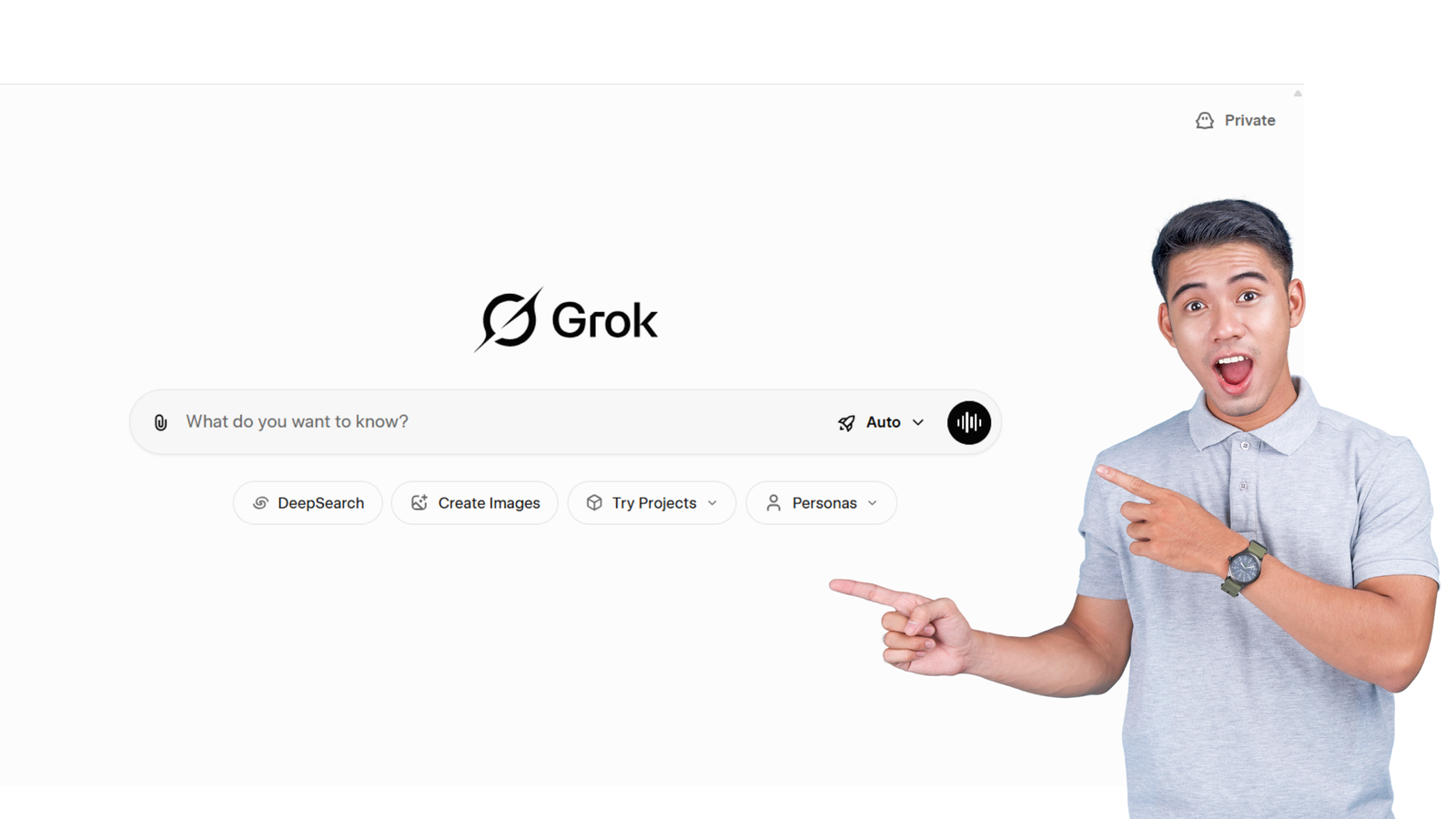Finding the right apartment in Canada can be exciting but also challenging, especially if you are new to the country or moving to a different city. With diverse housing markets across provinces like Ontario, British Columbia, Alberta, and Quebec, the rental process requires careful planning. This guide will walk you through the key factors to consider when choosing a good apartment in Canada.
1. Define Your Budget
Before you begin apartment hunting, decide how much you can afford. In Canada, rent can vary widely depending on the city. For example:
- Toronto and Vancouver are among the most expensive cities, where a one-bedroom apartment may cost over CAD 2,000 per month.
- Smaller cities or towns often offer more affordable rent.
A general rule is to keep housing costs under 30% of your monthly income. Don’t forget to factor in utilities, parking, and internet.

2. Research the Neighborhood
The location of your apartment can greatly affect your quality of life. Ask yourself:
- Is it close to work, school, or public transportation?
- Are grocery stores, pharmacies, and restaurants nearby?
- Is the neighborhood safe and family-friendly?
Websites like Walk Score or Google Maps can help you analyze accessibility and convenience.
3. Consider the Type of Apartment
Apartments in Canada come in different styles:
- Condo apartments: Usually newer and with amenities like gyms and pools.
- Basement apartments: More affordable but may have limited light or space.
- High-rise apartments: Popular in large cities, often with good views and central locations.
- Townhouse rentals: Spacious, suitable for families.
Choose the type that best matches your lifestyle and budget.
4. Check Lease Terms and Legal Requirements
Canada has tenant protection laws that vary by province. Make sure you:
- Review the lease agreement carefully.
- Understand the notice period for moving out.
- Confirm what utilities are included in the rent.
- Know your rights regarding rent increases and repairs.
For example, in Ontario, landlords can only increase rent once per year and must follow government guidelines.
5. Inspect the Apartment Thoroughly
Never commit without seeing the unit in person (or through a reliable virtual tour). Look for:
- Water damage or mold.
- Functioning heating, plumbing, and electrical systems.
- Working locks and secure entry.
- Noise levels from neighbors or nearby traffic.
Taking photos or notes during the visit can help you compare options later.
6. Compare Amenities and Utilities
Modern apartments often include extra benefits. Some things to look for:
- In-unit laundry or shared laundry facilities.
- Heating and air conditioning.
- Internet and cable options.
- Parking spaces and storage units.
Amenities can add value, but make sure you are not paying extra for things you don’t need.
7. Evaluate Transportation and Commute
Public transit is essential in many Canadian cities. Check how far the nearest bus stop, subway station, or train station is from the apartment. If you own a car, look into parking availability and costs. A shorter commute can save time and money in the long run.
8. Talk to Current Tenants or Neighbors
If possible, ask other residents about their experience. They can provide insights into building maintenance, landlord responsiveness, and noise issues that you might not notice on your first visit.
9. Be Prepared With Documentation
Competition for good apartments in Canada can be high. To secure your choice quickly, prepare:
- Proof of income or employment letter.
- Credit report.
- References from previous landlords.
- Government-issued ID.
Having documents ready makes you more attractive to landlords.
10. Use Trusted Rental Platforms
To avoid scams, always search through reputable websites and agencies. Some popular Canadian rental platforms include:
- Realtor.ca
- Rentals.ca
- PadMapper
- Kijiji (with caution, as scams can occur)
Never transfer money before signing a lease and verifying the landlord.
Final Thoughts
Choosing a good apartment in Canada requires balancing budget, location, lifestyle, and legal considerations. By researching neighborhoods, reviewing lease agreements, and inspecting units carefully, you can avoid costly mistakes and find a comfortable home. Whether you’re moving for work, school, or a fresh start, following these steps will make your apartment search much smoother and stress-free.







